In this episode, Professor Jan Willis and I discuss the life and teaching of Shantideva, an Indian monk, poet, and scholar who lived during the 8th century. He is most famous for his profound and poetic treatise titled The Way of the Bodhisattva [Bodhicaryavatara], which is written entirely in verse. Shantideva was an adherent of the Mādhyamaka philosophy of Nāgārjuna.
Jan talks about Shantideva’s time at Nalanda University, where he was loathed by his fellow monks for being lazy and undignified; and how the monks were awed when he ascended onto an impossibly high seat and recited the 919 verses of his famous treatise. Jan examines the structure of the treatise, explores her favorite verses, and provides historical context to Shantideva’s life and legacy.
Just as it is impossible to cut the sky in two with a knife, when the space like quality of egolessness is realized, it is no longer possible to make a separation between I and other. Shantideva, The Way of the Bodhisattva
In our conversation, Jan mentions people and terms that might unfamiliar, so I’ve listed them below with succinct definitions:
Jetsun Milarepa (1028/40–1111/23) was a Tibetan man who used sorcery to murder people to avenge and protect his mother. After committing these heinous deeds, he was wracked with sorrow. His path eventually crossed with that of the highly realized Tibetan Buddhist teacher Marpa Lotsawa. Milarepa devoted himself to Marpa and became an enlightened teacher and a major historical figure in the Kagyu school of Tibetan Buddhism. If you’re a lover of ecstatic, spiritual poetry, I recommend you read The Hundred Thousand Songs of Milarepa. I had the good fortune of being introduced to this work while on a retreat with Pema Chodron at Gampo Abbey. It’s quite spectacular and profound.
Shunyata: This term is usually translated as “emptiness” or “voidness.” However, this “voidness” gives rise to the 10,000 things. “It” is not an “it.” Shunyata is the ineffable source of all (uh, and nothing). Eegads. I’m gonna stop typing words now!
Bodhicitta: Bodhi means “to awaken” and citta means “that which is conscious.” It’s a term that refers to the awakening of one’s heart-mind to be of benefit to all beings. Yes, even the beings whom we do not consider our friends.
Bodhisattva: A bodhisattva refers to an enlightened being who is an exemplar of altruism and who delays entering nirvana to help others be free from suffering.
Jan Willis grew up in the Jim Crow South, marched with Martin Luther King, Jr. during the Birmingham Civil Rights Campaign, and escaped the Ku Klux Klan in Alabama only to face racism of another kind while enrolled at an Ivy League university. Jan persevered and earned her BA and MA in Philosophy from Cornell University, and her PhD in Indic and Buddhist Studies from Columbia University. When she studied abroad in India and Nepal, she met the Tibetan Lama Thubten Yeshe who became her mentor for fifteen years, and one of the most influential Buddhist teachers in the West. Through his guidance, Jan learned to face down the demons of her past and embrace her whole identity—Black, Baptist, and Buddhist. She has studied and taught Buddhism for fifty years.
In December of 2000, Time magazine named Willis one of six “spiritual innovators for the new millennium.” In 2003, she was a recipient of Wesleyan University’s Binswanger Prize for Excellence in Teaching. Newsweek magazine’s “Spirituality in America” issue in 2005 included a profile of Willis. In its May 2007 edition, Ebony magazine named Willis one of its “Power 150” most influential African Americans.
Jan is currently Professor of Religion Emerita at Wesleyan University in Middletown, CT. She is the author of numerous essays and books, including The Diamond Light: An Introduction to Tibetan Buddhist Meditation; On Knowing Reality: The Tattvartha Chapter of Asanga's Bodhisattvabhumi; Dreaming Me: Black, Baptist and Buddhist; and Dharma Matters: Women, Race and Tantra.




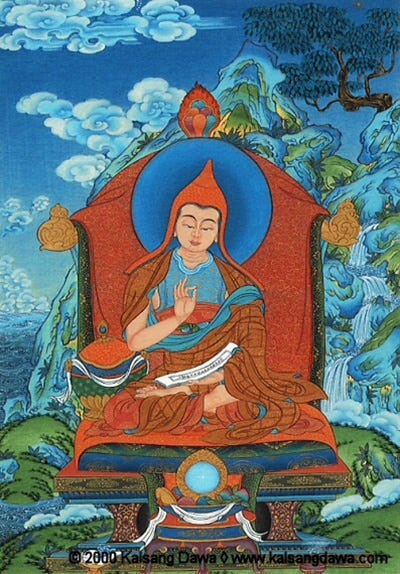
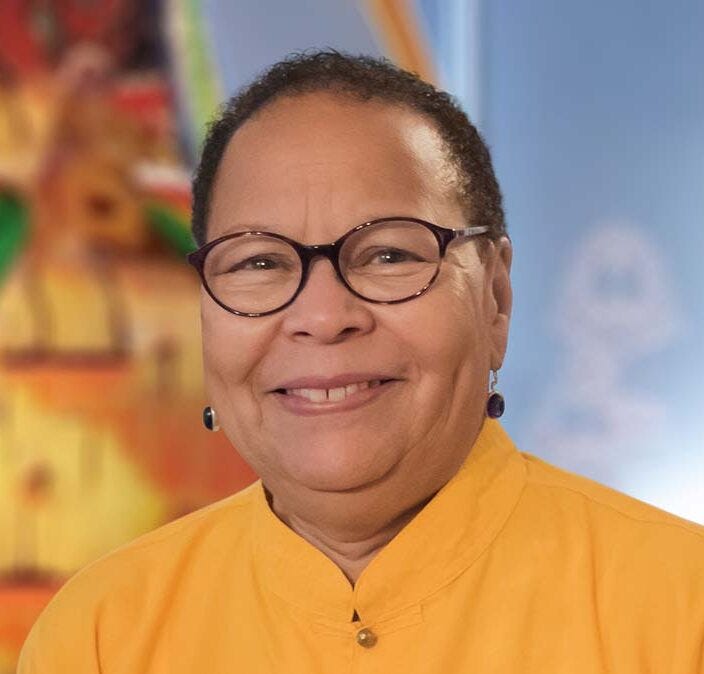


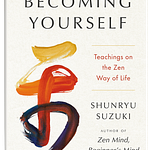

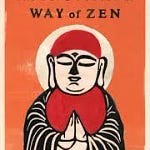


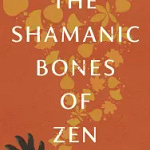

Share this post